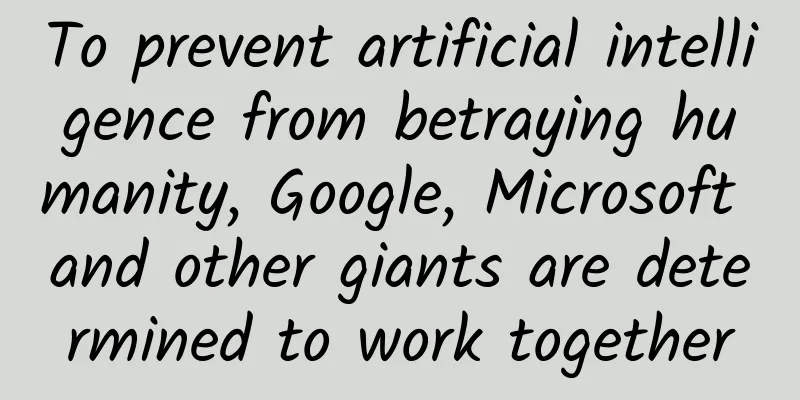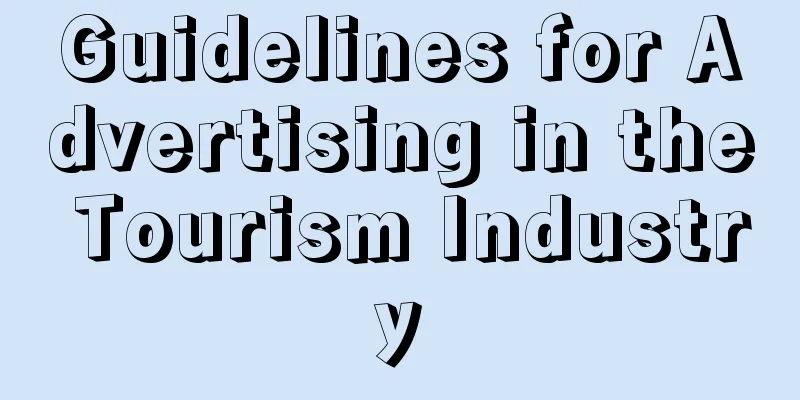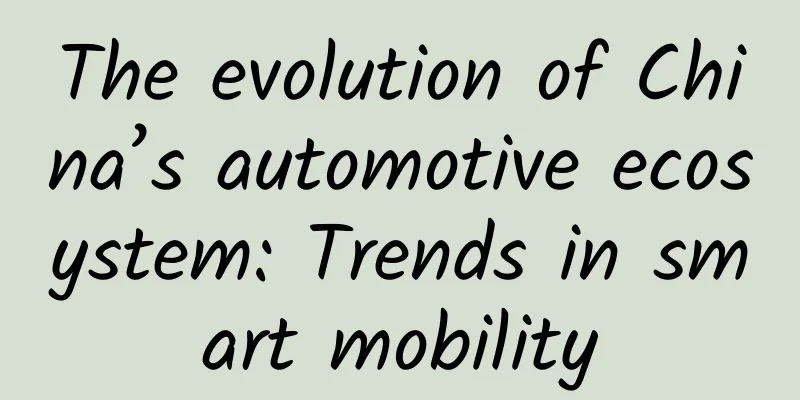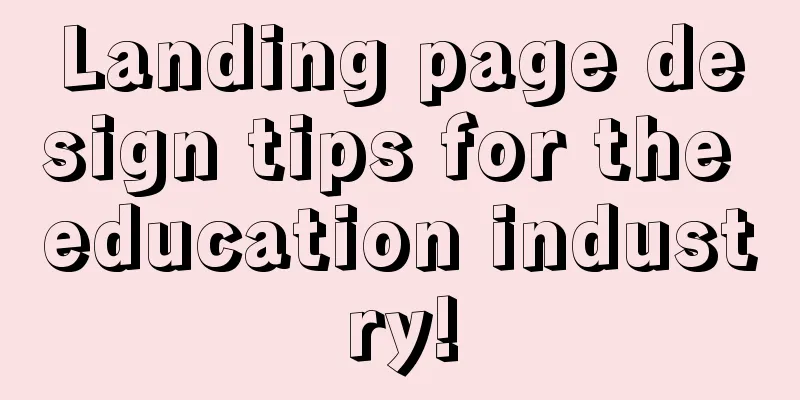To prevent artificial intelligence from betraying humanity, Google, Microsoft and other giants are determined to work together

|
From "2001: A Space Odyssey" to "The Matrix", movies and science fiction writers have been reminding us to be wary of artificial intelligence, because it may betray or even destroy humanity at any time. As humans continue to make breakthroughs in the field of artificial intelligence, this concern is being mentioned more and more. Now, the five technology giants that are actively developing artificial intelligence, including Google's parent company Alphabet, Facebook , Microsoft , IBM and Amazon, have also realized this problem and are planning to develop a mature set of ethical standards for artificial intelligence. According to the New York Times, the five companies recently held a meeting to discuss the ethical standards of artificial intelligence in the labor market, transportation, and war. They also plan to establish a relevant industry association, the purpose of which is to ensure that artificial intelligence benefits humans rather than harms them, but the participants have not yet determined the specific name of the association. Although technology giants are actively researching artificial intelligence, there are also calls in the technology community to be wary of artificial intelligence dominating humans. For example, at the Code Conference held in June this year, Elon Musk, the founder of Tesla and Space X , said that with the development of artificial intelligence, humans will be left far behind in intelligence in the future and become pets of artificial intelligence. Last July, Musk also donated $10 million to the Future of Life Institute, which is responsible for assessing and analyzing the risks posed by artificial intelligence. Later, Stephen Hawking also claimed in a TV show that some laboratory somewhere in Silicon Valley was brewing an evil plan, and that artificial intelligence would evolve faster than humans, and their goals would be unpredictable to humans. "Once machines have reached a critical stage where they can evolve on their own, we will not be able to predict whether their mission will be the same as ours," Hawking said. In response, Google Chairman Eric Schmidt said that artificial intelligence will develop in the direction of human welfare, and there will be a system to prevent artificial intelligence from developing in the wrong direction. "We have all seen those science fiction movies," he said, "but in the real world, humans definitely know how to shut down its system when artificial intelligence becomes dangerous." Not only technology companies and civil organizations want to formalize the ethics and laws of artificial intelligence, but government agencies have also participated in this discussion. In May this year, the US government held the first White House discussion meeting on AI laws and regulations in Seattle. The theme of this symposium was "Should the government regulate artificial intelligence?", but the meeting did not reach a conclusion on this issue, let alone introduce specific regulatory measures. So, before the government took concrete action, tech companies took action - they decided to develop their own framework to allow AI research to proceed and ensure that it does not harm humans. Eric Horvitz, a Microsoft researcher who participated in this industry discussion, founded an association called "100 Years of Artificial Intelligence Research" at Stanford University, which recently published its 2016 research report. In the report, titled "Artificial Intelligence and Life in 2030," the authors argue that AI "is likely to be regulated." "The consensus among the research group is that attempts to regulate AI are often misguided because we do not have a clear definition of what AI is, and therefore different risks need to be considered in different areas," the report said. The report also recommends that government agencies increase professional awareness of AI and increase public and private investment in the field of AI. A memo about the meeting shows that the five companies will announce the establishment of an industry organization to regulate artificial intelligence in mid-September. People familiar with the matter said that Alphabet's subsidiary Google DeepMind requested to participate in this industry association as an independent. The association will be modeled after human rights groups such as the Global Network Initiative, but with a stronger focus on issues of free speech and privacy. As a winner of Toutiao's Qingyun Plan and Baijiahao's Bai+ Plan, the 2019 Baidu Digital Author of the Year, the Baijiahao's Most Popular Author in the Technology Field, the 2019 Sogou Technology and Culture Author, and the 2021 Baijiahao Quarterly Influential Creator, he has won many awards, including the 2013 Sohu Best Industry Media Person, the 2015 China New Media Entrepreneurship Competition Beijing Third Place, the 2015 Guangmang Experience Award, the 2015 China New Media Entrepreneurship Competition Finals Third Place, and the 2018 Baidu Dynamic Annual Powerful Celebrity. |
>>: With iPhone 7 about to be released, where will Apple go in the post-iPhone era?
Recommend
Android screen adaptation - just read this article
The reason why Android screen adaptation appears ...
Archaea are here! Hydrogen-powered cars may be powered by "microorganisms" in the future
Tuchong Creative As environmental problems such a...
Be careful! If hot pot chili oil gets into your eyes, ophthalmologists will share their emergency response tips!
In Chongqing, winter is the peak season for eatin...
It is heartbreaking to see a young child being mauled by a fierce dog in a neighborhood! The mortality rate is almost 100%. Why is rabies so scary?
Recently, incidents of vicious dogs injuring peop...
iPhone 6 fingerprint recognition has a loophole: fake fingerprints can unlock the phone
Security Research Labs from Berlin, Germany recen...
CDN acceleration server, CDN video service acceleration principle
cdn acceleration server, CDN video service accele...
[Special Topic] The 11th issue of the Aiti Tribe Technical Clinic: How to check 30 million data in seconds
【51CTO.com original article】 [51CTO original arti...
How much does it cost to join the Tongliao skin care products mini program?
How much does it cost to join a skin care product...
How to communicate with people you don’t know well enough? Learn “weak ties” to make your life better
As a member of a busy life, we need to have vario...
How to operate a community in 2020!
“No one speaks in the group, it’s not active at a...
As a stubborn little factory that survived the bloodbath of mobile phones, what is the reason why the Meizu 18 series has received so much praise?
The living space for small mobile phone manufactu...
APP Promotion丨3 major marketing scenarios to explain the way of precise delivery
What are the advantages and disadvantages of main...
Lily SEO Training: What are the benefits of SEO website structure optimization?
SEO optimization includes many aspects, such as k...
What are the steps to make a short video? What is the short video production process?
Many people who do short video live streaming are...









